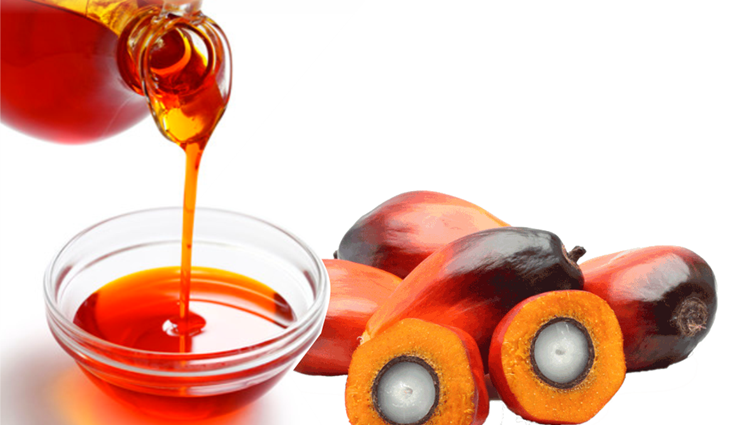Business
Africa Braces for Palm Oil Price Surge After Indonesia Hikes Export Duty

African countries are set to feel the ripple effects of a new policy shift in Indonesia — the world’s largest palm oil exporter — which has raised its crude palm oil (CPO) export duty from 7.5% to 10%. The move is expected to raise palm oil prices globally, with Africa among the most vulnerable regions due to its heavy reliance on imports.
Indonesia exported approximately 24.2 million tonnes of palm oil in 2024/25, ahead of Malaysia’s 15.9 million tonnes, making it a dominant force in global supply. While major buyers like India, China, Pakistan, and the U.S. top the list, African nations such as Nigeria, Kenya, Tanzania, Angola, and South Africa also depend significantly on imports to meet domestic demand.
Palm oil is a staple in many African households and industries, used for cooking, cosmetics, and food processing. But local production often falls short. Nigeria, the continent’s largest producer, managed to generate 1.4 million tonnes in 2023, but this still lags far behind consumer needs in a region home to over a billion people.
Other key African producers — Côte d’Ivoire, Cameroon, Ghana, and the Democratic Republic of Congo — produce far less, ranging from 300,000 to 600,000 tonnes annually. The resulting shortfall is covered largely by imports from Indonesia and Malaysia.
With the new export duty now in play, importers are expected to absorb the cost and pass it on to wholesalers, retailers, and eventually to consumers. This means higher prices for palm oil products — from margarine and cooking oil to processed snacks and soaps — across African markets.
The timing couldn’t be more challenging. Many African economies are already battling inflation, energy costs, and currency instability. A price spike in a basic commodity like palm oil could add pressure to household budgets and food security in several countries.
Industry experts suggest the situation may reignite discussions around boosting local production to reduce dependence on volatile international markets. But for now, many African nations remain exposed to global pricing trends.
Tools like AgriSupp — an intelligence platform by UkrAgroConsult offering real-time market insights for grains and oilseeds — may offer stakeholders a clearer picture of price shifts. However, actionable solutions may still require investment in local agriculture and processing capacity across the continent.
As the palm oil market adjusts to Indonesia’s policy change, African governments, suppliers, and consumers will need to navigate the financial squeeze ahead.
{Source: UkrAgroConsult}
Follow Joburg ETC on Facebook, Twitter , TikTok and Instagram
For more News in Johannesburg, visit joburgetc.com















